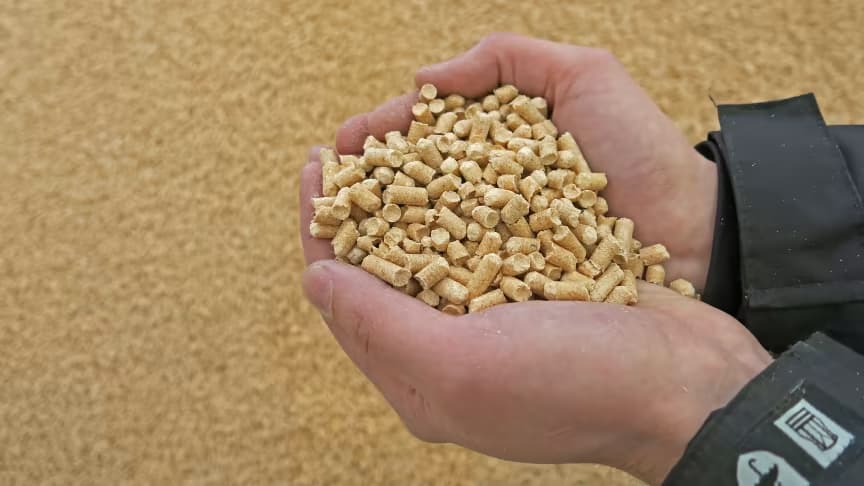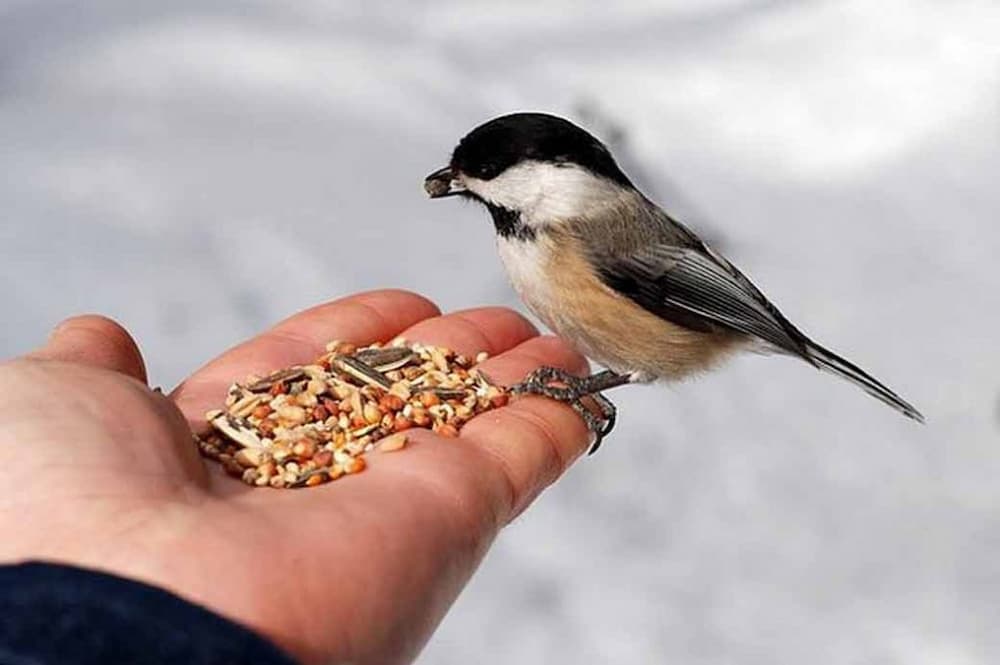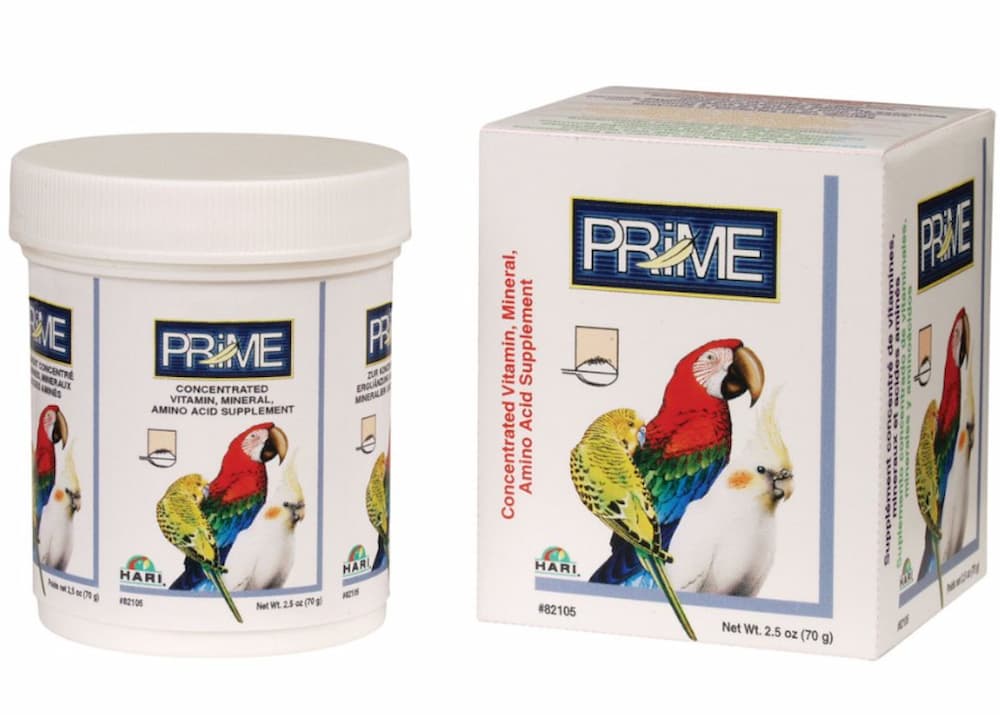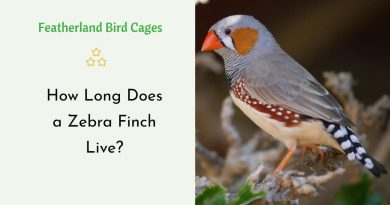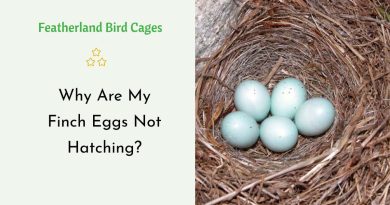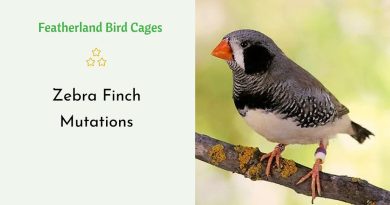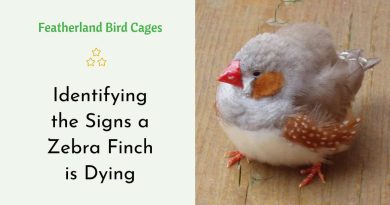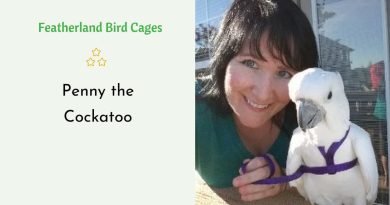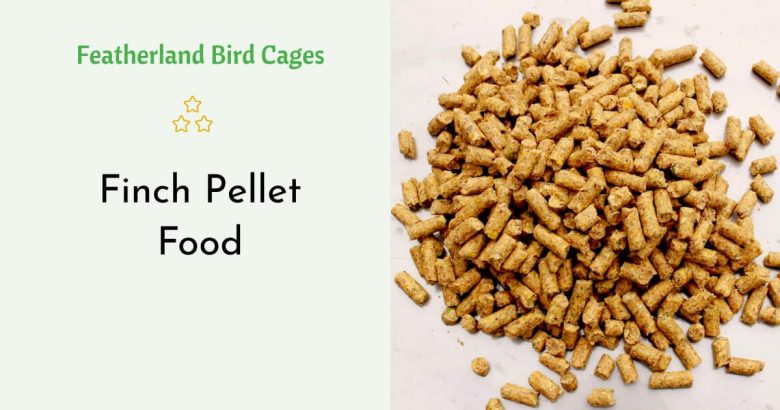
Finches should be offered a combination of foods to provide balanced nutrition. While commercial seed mixes are convenient, they may contain high fat and nutrient deficient seeds.
Pellets are not necessary if a varied diet is provided. However, many breeders still use pellets for the birds they raise.
A formulated diet is also available that provides all the necessary vitamins and minerals to ensure healthy molting, singing, and body condition.
Pellets
In the wild, finches consume a diet of insects, fresh and dried seeds and fruit. Captive finches should be fed a mix of both pellets and seeds to closely approximate their natural diet.
Pellets offer the advantage of being fortified with many of the vitamins and minerals that avian veterinarians feel are required in a well-balanced avian diet. They also provide less mess than a seed diet because there are no hulls to clean up. However, if a finch has been raised on a seed-only diet it may take some time to get him to eat a pelleted food.
Adding some fruit flavors to the pellets can help encourage acceptance. Also, if the pellets are offered inside foraging toys it can help stimulate feeding behavior and reduce boredom. It is recommended that pellets make up 70-75% of a finch’s diet.
Seeds
In the wild, finches spend much of their day foraging for seeds, fruits, vegetables and other plants, insects and worms to supplement their diet. Many pet store finches are raised on a seed-based diet and may be reluctant to switch to pellets. This is why we recommend a slow introduction to a pelleted diet.
Most pellets will have some fruit, vegetable and egg ingredients that add to the nutritional value. Some brands have added worms for protein, which can help with breeding and molting. For example, Kaytee has a formula that includes dried beet pulp which may enhance some feather colors and also whole eggs for protein.
Most finches get 50% of their dietary requirements from a high quality seed mix and the other half from fresh foods and supplements. It is recommended to always keep a fresh supply of seeds, water and pellets available at all times. Fresh foods like sprouted seeds, chopped fruits and vegetables and even honey sticks are a great way to provide extra nutrition for the birds as long as they are removed each day before they spoil.
Supplements
In the wild, finches forage for seeds, berries, greens, insects and other foods that supplement their seed-based diet. Consequently, they require more vitamins, minerals and protein than can be met with a simple seed mix alone.
In order to meet these nutritional needs, owners often offer finches a wide variety of supplements. These include millet sprays (long stems with seeds attached) which provide exercise and enrichment, as well as honey sticks – a combination of fresh seeds held together with real honey on a stick of wood. Although these are popular offerings, they can contribute to a diet deficient in nutrients, particularly if offered as the sole source of food.
The best way to ensure proper nutrition for finches is to feed them a pellet-based diet made by a reputable manufacturer. These are specially formulated to meet the dietary needs of small birds, including canaries, finches and other small pets. They are available in a range of pellet sizes and formulas, including those designed for young, pregnant and nursing birds.
Egg Food
In the wild, finches are granivorous and eat a mix of insects, sprouted seeds, fresh fruits and vegetables. Captive finches need a diet that closely resembles this in order to thrive.
Many avian veterinarians recommend a high-quality pellet bird food as the primary part of a pet finch’s diet. These specialized feeds are manufactured according to the dietary needs of various species and often contain additional nutrients like vitamins, minerals and trace elements.
Pellets are also easy to digest and provide a consistent diet, which is important for breeding birds. Feeding a pellet-based diet can also help reduce the number of waste seeds and grit that are not digested by the birds.
While some finches will eat a pellet-only diet, most owners find that they do best when the pellets are mixed with seeds and other treats. For example, a bowl of pellets can be augmented with spray millet, millet stems that can be hung from cage bars and perches, and fresh vegetables and fruit.

